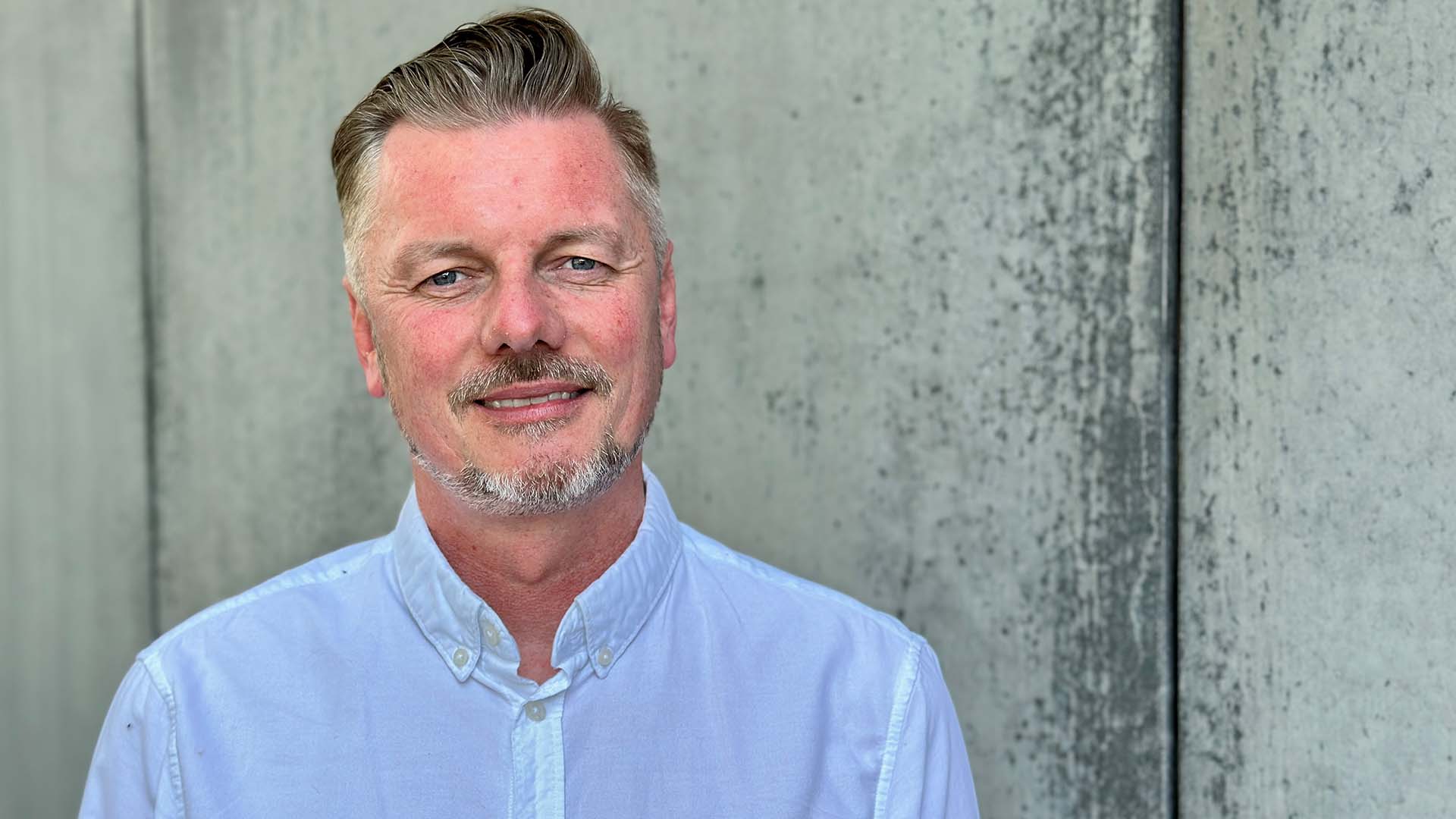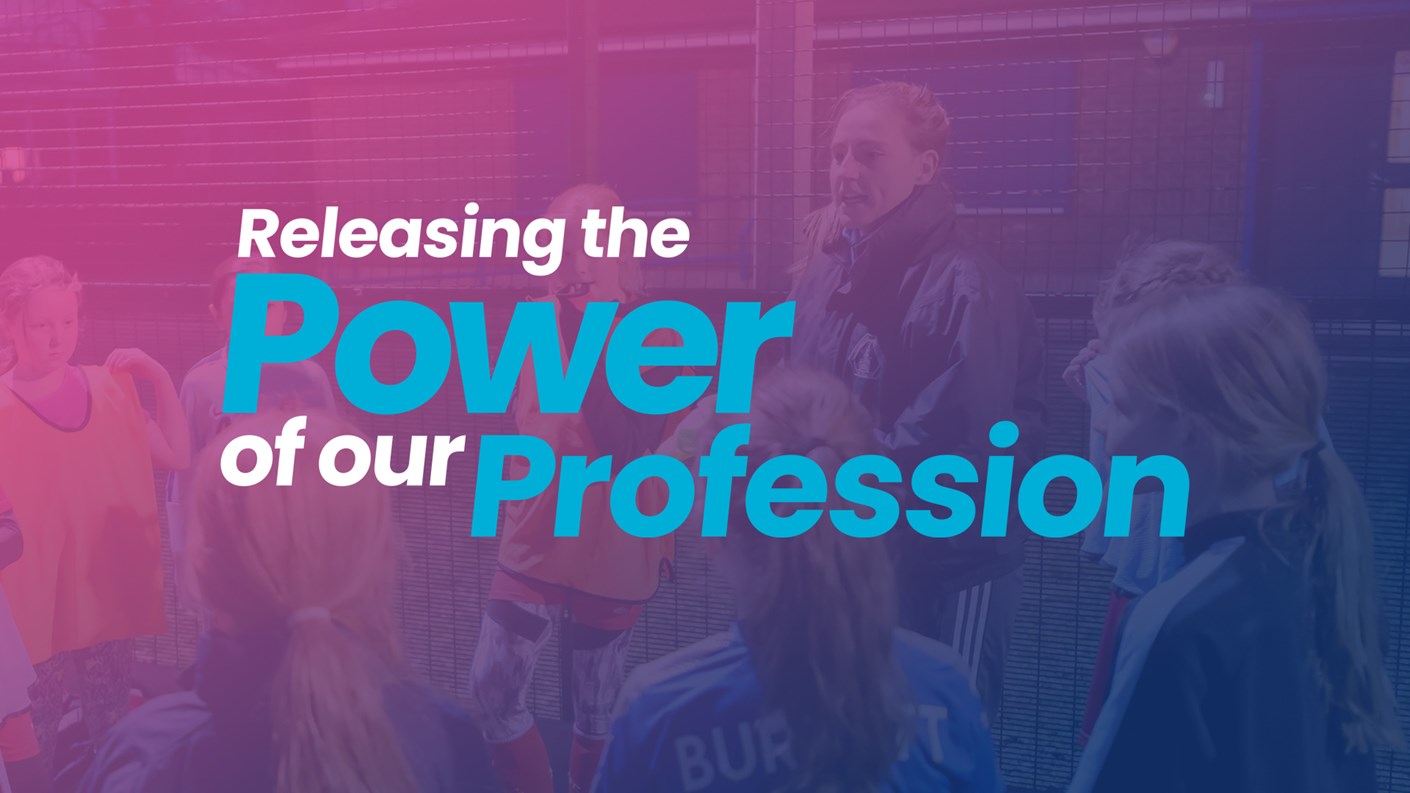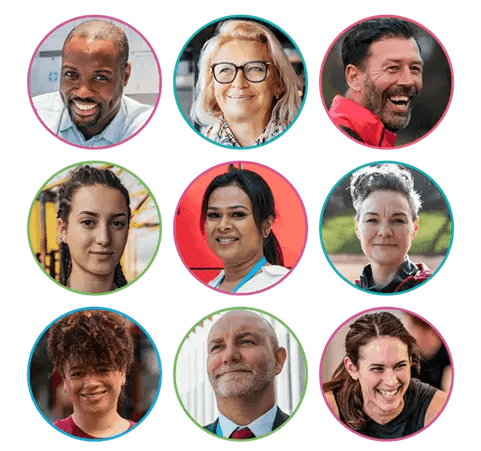Releasing the Power of our Profession: Professional Status and Recognition

Our Strategy, Releasing the Power of our Profession, sets out CIMSPA’s commitment to delivering individual and collective professional recognition for those working in the sport and physical activity sector. The sector workforce makes an immense contribution to the physical and mental health and wellbeing of the population, to social cohesion, to the engagement of everyone in communities and to the economic prosperity of the country.
In our latest deep dive blog, Colin Huffen, Associate Director at CIMSPA, discusses how the development of professional status for sport and physical activity professionals will be a game-changer in delivering greater recognition of the huge benefits that the sector and workforce delivers to communities and the country.
Last year, I had some building work carried out on my house. It was a significant project for me. I didn’t want to risk anything going wrong or not having the perfect result that I had envisaged. So, I spent a lot of time researching and ‘auditioning’ project managers and builders to find the best professionals for the job.
I asked friends, family members and colleagues for recommendations. I trawled websites looking at photos of previous projects and quotes from customers.
With my education hat on, I looked at what qualifications and experience a ‘good’ builder or project manager should have. The trouble is, when you call for a quotation, ‘what qualifications do you have?’ isn’t the easiest question to slip into the conversation. And then asking for proof that they are competent in working with certain materials, tools and on specific projects, outside of Gas Safe and electrician registration, the raised eyebrows quickly turn into “sorry, I’m too busy to fit the job in.”
Understanding the experience, qualifications and competency of a professional in many sectors is challenging for the consumer, and often it feels uncomfortable to ask a lot of questions. It can be equally difficult for a professional to demonstrate their skills, ability and experience and set themselves apart from other service offers. Recognition of the level of experience and expertise that you are buying/engaging is so important from both sides of the transaction. I was willing to pay more for an experienced builder who had specialist skills, but there was no real uniform or easy way of identifying that. So how does the highly experienced builder who has funded extensive specialist training for themselves show a potential customer that their services are worth paying more for than someone who is just starting out with a base level of knowledge?


